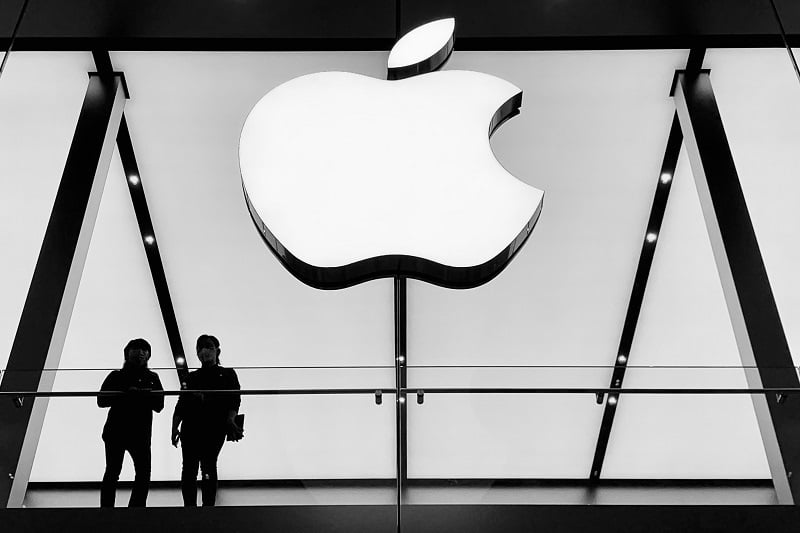
Apple Teams Up with Broadcom for US-Made 5G Components
In a significant move, Apple has recently announced a multibillion-dollar agreement with Broadcom, a leading semiconductor company, to supply them with 5G components manufactured in the United States. This partnership not only reinforces Apple’s commitment to investing billions in the US economy but also highlights their determination to reduce reliance on Chinese manufacturing. The collaboration with Broadcom will pave the way for the development of advanced 5G radio frequency components, including FBAR filters and cutting-edge wireless connectivity components. Let’s delve deeper into this groundbreaking deal and explore its implications.
Contents
Apple and Broadcom Unite for US-Made 5G Components
Apple CEO Tim Cook expressed great enthusiasm for the partnership, emphasizing Apple’s belief in the future of America’s economy and its unwavering commitment to American manufacturing. By joining forces with Broadcom, a major player in the semiconductor industry, Apple is not only securing a reliable source of 5G components but also fostering innovation in the United States.
Under this agreement, Broadcom will be responsible for developing 5G radio frequency components, including the highly advanced FBAR filters and other crucial wireless connectivity components. The FBAR filters will be designed and built in various American manufacturing and technology hubs, including Fort Collins, Colorado, where Broadcom operates a significant facility. It is worth noting that Apple already supports over 1,000 jobs at this location, further contributing to the growth of the local economy.
Diversifying Manufacturing and Reducing Dependency on China
This deal marks a significant milestone in Apple’s ongoing efforts to diversify its manufacturing operations and reduce its dependency on China amid persistent tensions between the US and China. The company has been actively pursuing alternative manufacturing locations, such as India and Vietnam, to produce its popular iPhone 13 handsets and other products. Additionally, Apple has plans to source chips from TSMC’s upcoming Arizona plant once it becomes operational, further strengthening their supply chain in the United States.

Apple and Broadcom: A Lucrative Partnership
Apple has been Broadcom’s largest customer, accounting for approximately 20% of the chip company’s annual sales. In 2020, both companies entered into a three-year, $15 billion deal for wireless components, which is set to expire in June. While the specifics of the new agreement, including its value and duration, have not been disclosed by either party, it undoubtedly signifies a deepening and expanding partnership between Apple and Broadcom.
Apple’s Homegrown 5G Chip and Future Innovations
While Apple had previously set its sights on developing its own 5G chip, it seems that their in-house chip won’t be ready for this year’s highly anticipated iPhone 15. Qualcomm, a leading supplier of 5G modems, has stated that it expects the first iPhones without its 5G modems to be released as early as next year. This indicates that Apple is relying on Broadcom’s expertise and resources to ensure a seamless transition to 5G technology in their upcoming devices.
Market Impact
Following the announcement of this deal, Broadcom’s shares experienced a 1.2% increase in value, demonstrating market confidence in the partnership’s potential. Conversely, Apple’s shares saw a temporary decrease of 1.5%. Nevertheless, Apple remains the world’s largest company with a staggering market capitalization of $2.7 trillion, showcasing its continued dominance and influence in the tech industry.
In conclusion, Apple’s multibillion-dollar deal with Broadcom marks a significant step in advancing US manufacturing and fostering innovation in the 5G landscape. This collaboration enables Apple to strengthen its supply chain, reduce dependency on China, and invest in the American economy. The partnership with Broadcom also opens up new opportunities for automation projects and upskilling initiatives for technicians and engineers. As Apple continues to forge ahead, the world eagerly awaits the next wave of technological innovations from this industry leader.
Source: Apple Newsroom



